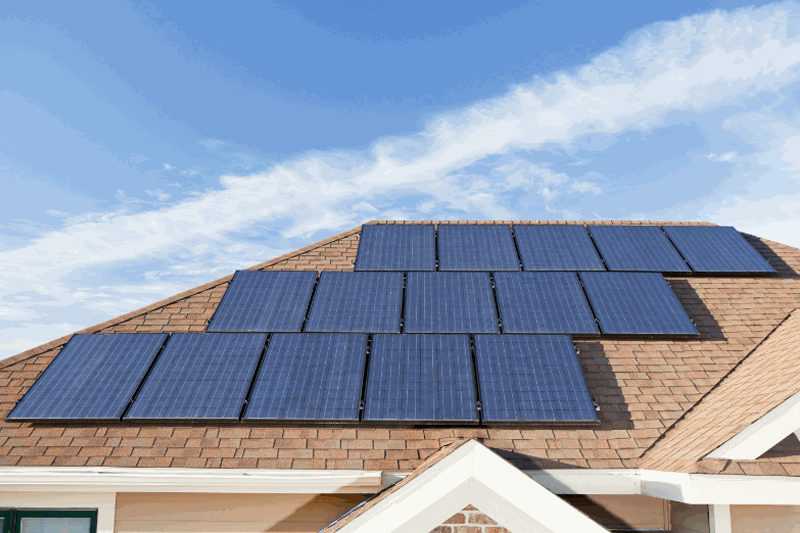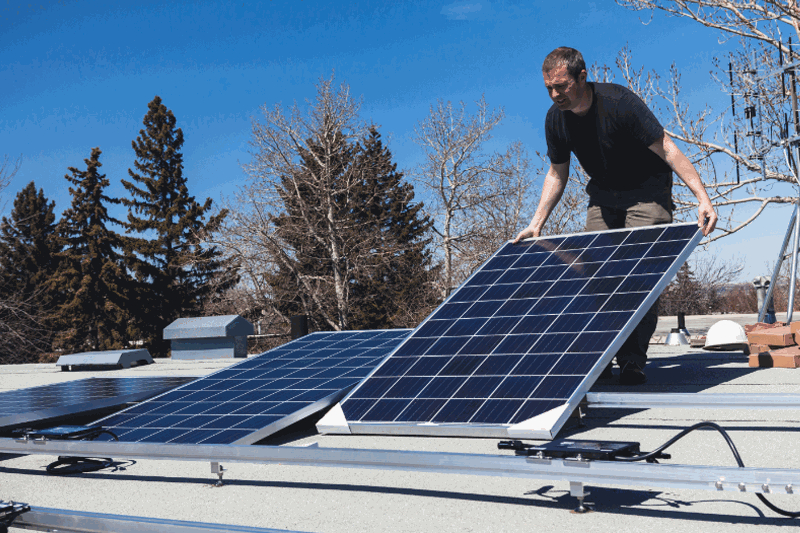Going solar is all the rage these days with massive financial incentives fueling the fire. Here’s a little trick to write off an additional part of your solar system purchase.
Financing Your Solar Improvements
Improving your home with a solar panel system is financially advantageous these days. The federal government, most states, and even cities throw financial breaks at you to promote going solar. With the federal government, you are going to get a $2,000 tax credit, a figure that is subtracted from the amount of tax you owe the IRS at the end of the year. States pursue a variety of plans, but most offer rebates wherein they actually pay for part of your new system. Cities also offer rebates, often by discounting your property taxes.
On top of all of this, you can take advantage of net metering laws in a majority of states. Net metering simply means you can sell your solar electricity to the local utility when you aren’t using it. Known as being on the grid, nothing is more satisfying than watching your utility meter run BACKWARDS during the day! As you might imagine, this has a nice impact on your utility bill at the end of the month.
There is one additional financial trick many people fail to take advantage of when it comes to writing off solar panels and such – financing. Even if you have the cash in your hot little hand, you should consider taking a home equity loan or refinancing your home to pull out cash to pay for the system. Why? The mortgage interest deduction! Improvements to your home are deductible if they are incorporated into your mortgage payment.
Now, you might be rolling your eyes contemplating regarding going through the refinancing process. Don’t. Many federal mortgage institutions are required to write financing for people wanting to improve their homes with solar systems. Even better, most of the loans are written at interest rates well below current mortgage rates.
If you are considering doing a solar-based improvement to your home, talk to your lender about financing options. Take advantage of this strategy and you’ll be getting a mortgage tax deduction, tax credit, rebate, property tax discount, and selling power to the utility company when you go solar. With so many financial incentives, you have to ask yourself whether you can afford not to go solar.
Want to discuss more? Contact our remodeling consultant now.


